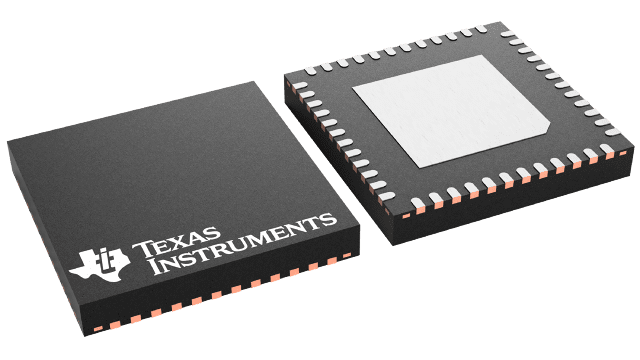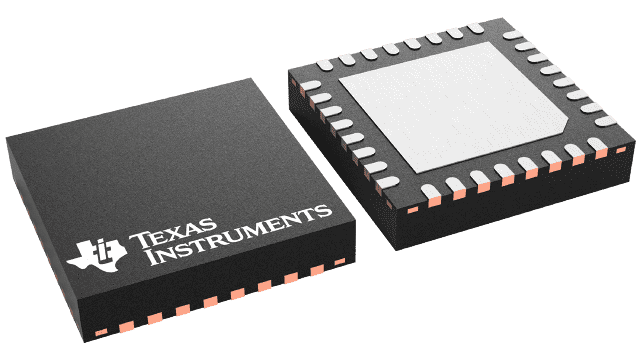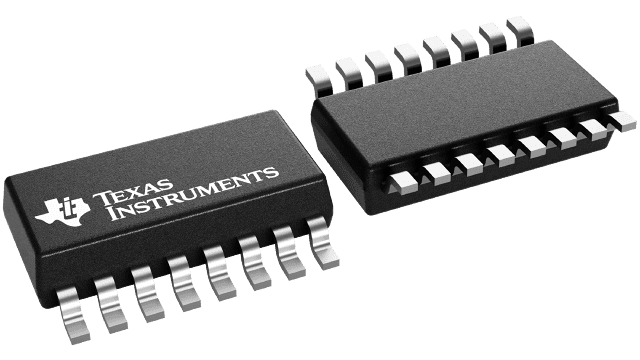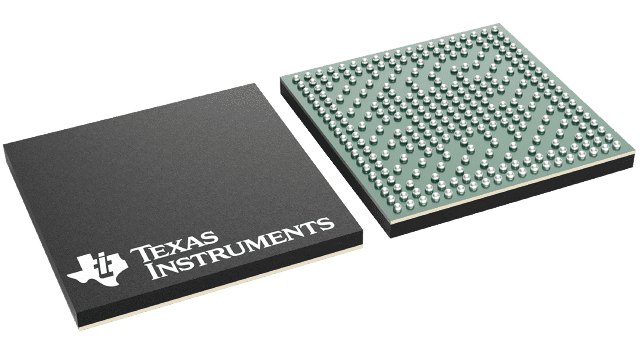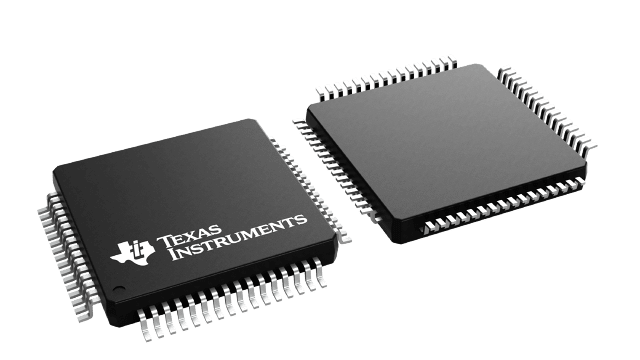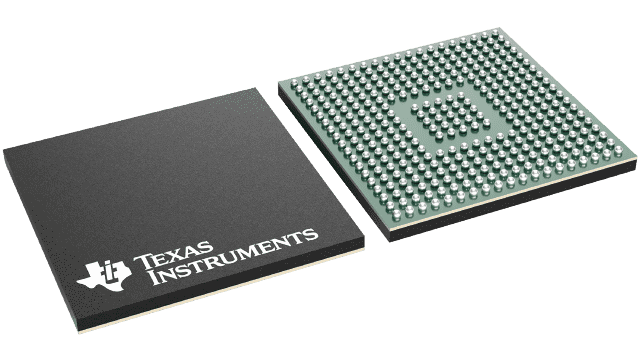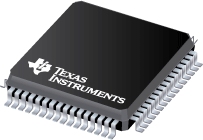Images are for reference only , Please refer to the product datasheet
MSPM0G1507SDGS28R
80MHz Arm M0+ MCU, 128KB Flash, 32KB SRAM, 2×12bit 4Msps ADC, DAC, 3×COMP, 3×op-amp, MATHACL
Manufacturer:
Manufacturer NO:
MSPM0G1507SDGS28R
copy
Product SN:
10445-MSPM0G1507SDGS28R
copy
Package/Case:
VSSOP (DGS)-28
copy
Manufacturer Lead Time:
-
copy
Datasheet:
Detailed Descripition:
5-V-tolerant I/Os, AES encryption, Comparator, DAC, DMA, LIN, MATHACL, RTC, Zero-drift OpAmp
copy
Product Application Field:None
Product Application Field:None
Documents & Media
Datasheets PDF MSPM0G1507SDGS28R Datasheet PDF
Product Description
- Core
- Arm 32-bit Cortex-M0+ CPU with memory protection unit, frequency up to 80 MHz
- Operating characteristics
- Extended temperature: –40°C up to 125°C
- Wide supply voltage range: 1.62 V to 3.6 V
- Memories
- Up to 128KB of flash memory with error correction code (ECC)
- Up to 32KB of SRAM with hardware parity
- High-performance analog peripherals
- Two simultaneous sampling 12-bit 4-Msps analog-to-digital converters (ADCs) with up to 17 external channels
- 14-bit effective resolution at 250-ksps with hardware averaging
- One 12-bit 1-MSPS digital-to-analog converter with integrated output buffer (DAC)
- Two zero-drift zero-crossover chopper op-amps (OPA)
- 0.5-µV/°C drift with chopping
- Integrated programmable gain stage, up to 32x
- One general-purpose amplifier (GPAMP)
- Three high-speed comparators (COMP) with 8-bit reference DACs
- 32-ns propagation delay in high-speed mode
- Support low-power mode operation down to 0.7 µA
- Programmable analog connections between ADC, OPAs, COMP and DAC
- Configurable 1.4-V or 2.5-V internal shared voltage reference (VREF)
- Integrated temperature sensor
- Integrated supply monitor
- Two simultaneous sampling 12-bit 4-Msps analog-to-digital converters (ADCs) with up to 17 external channels
- Optimized low-power modes
- RUN: 96 µA/MHz (CoreMark)
- SLEEP: 467 µA at 4 MHz
- STOP: 46 µA at 32 kHz
- STANDBY: 1.5 µA with RTC and SRAM retention
- SHUTDOWN: 80 nA with IO wake-up capability
- Intelligent digital peripherals
- 7-channel DMA controller
- Math accelerator supports DIV, SQRT, MAC and TRIG computations
- Seven timers supports up to 22 PWM channels
- One 16-bit general-purpose timer
- One 16-bit general-purpose timer supports QEI
- Two 16-bit general-purpose timers support low-power operation in STANDBY mode
- One 32-bit high-resolution general-purpose timer
- Two 16-bit advanced timers with deadband support up to 12 PWM channels
- Two window-watchdog timers
- RTC with alarm and calendar mode
- Enhanced communication interfaces
- Four UART interfaces; one supports LIN, IrDA, DALI, Smart Card, Manchester, and three support low-power operation in STANDBY mode
- Two I 2C interfaces support up to FM+ (1 Mbit/s), SMBus/PMBus, and wakeup from STOP mode
-
Two SPIs, one SPI supports up to 32 Mbits/s
- Clock system
- Internal 4- to 32-MHz oscillator with up to ±1.2% accuracy (SYSOSC)
- Phase-locked loop (PLL) up to 80 MHz
- Internal 32-kHz low-frequency oscillator (LFOSC) with ±3% accuracy
- External 4- to 48-MHz crystal oscillator (HFXT)
- External 32-kHz crystal oscillator(LFXT)
- External clock input
- Data integrity and encryption
- Cyclic redundancy checker (CRC-16, CRC-32)
- True random number generator (TRNG)
- AES encryption with 128 or 256-bit key
- Flexible I/O features
- Up to 60 GPIOs
- Two 5-V tolerant IOs
- Two high-drive IOs with 20-mA drive strength
- Up to 60 GPIOs
- Development support
- 2-pin serial wire debug (SWD)
- Package options
- 64-pin LQFP
- 48-pin LQFP, VQFN
- 32-pin VQFN
- 28-pin VSSOP
- 24-pin VQFN.
- Family members (also see Device Comparison)
- MSPM0G1505: 32KB flash, 16KB RAM
- MSPM0G1506: 64KB flash, 32KB RAM
- MSPM0G1507: 128KB flash, 32KB RAM
- Development kits and software (also see Tools and Software)
- LP-MSPM0G3507 LaunchPad™ development kit
- MSP Software Development Kit (SDK)
0 In Stock
Finding Goods Through Sales
Want the lower wholesale price? Please send RFQ, we will respond immediately
Product price
Qty
Unit Price
Ext Price
1000
$0.6
$600
For more MSPM0G1507SDGS28R prices, contact customer service to get a discount!
You May Also Like
0 In Stock
Finding Goods Through Sales
Want the lower wholesale price? Please send RFQ, we will respond immediately
Product price
Qty
Unit Price
Ext Price
1000
$0.6
$600
For more MSPM0G1507SDGS28R prices, contact customer service to get a discount!
Home
Chat
Compare
Add To RFQ


